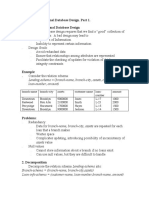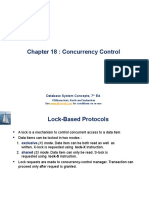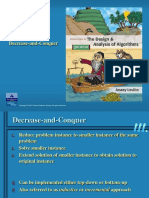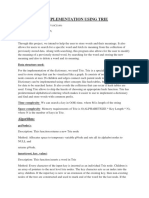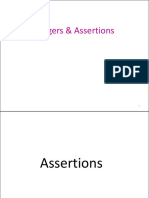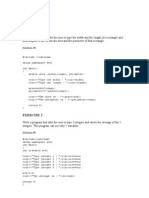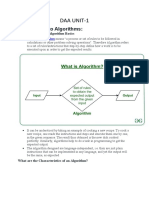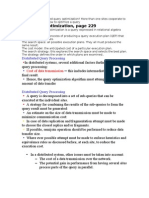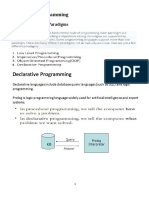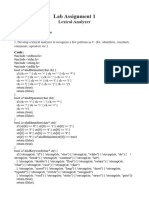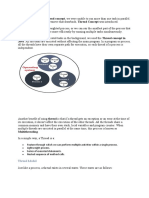0% found this document useful (0 votes)
192 views16 pagesCD Assignment-2
The document describes a C program that detects tokens in a C program. It breaks a C program into tokens like keywords, identifiers, constants, operators, and separators. The program takes a C code file as input, identifies the tokens, and categorizes them as keywords, identifiers, numbers, or operators by comparing them to keyword and operator files. It then prints the line number and token category for each token found.
Uploaded by
Cool SrikCopyright
© © All Rights Reserved
We take content rights seriously. If you suspect this is your content, claim it here.
Available Formats
Download as DOCX, PDF, TXT or read online on Scribd
0% found this document useful (0 votes)
192 views16 pagesCD Assignment-2
The document describes a C program that detects tokens in a C program. It breaks a C program into tokens like keywords, identifiers, constants, operators, and separators. The program takes a C code file as input, identifies the tokens, and categorizes them as keywords, identifiers, numbers, or operators by comparing them to keyword and operator files. It then prints the line number and token category for each token found.
Uploaded by
Cool SrikCopyright
© © All Rights Reserved
We take content rights seriously. If you suspect this is your content, claim it here.
Available Formats
Download as DOCX, PDF, TXT or read online on Scribd
/ 16
















